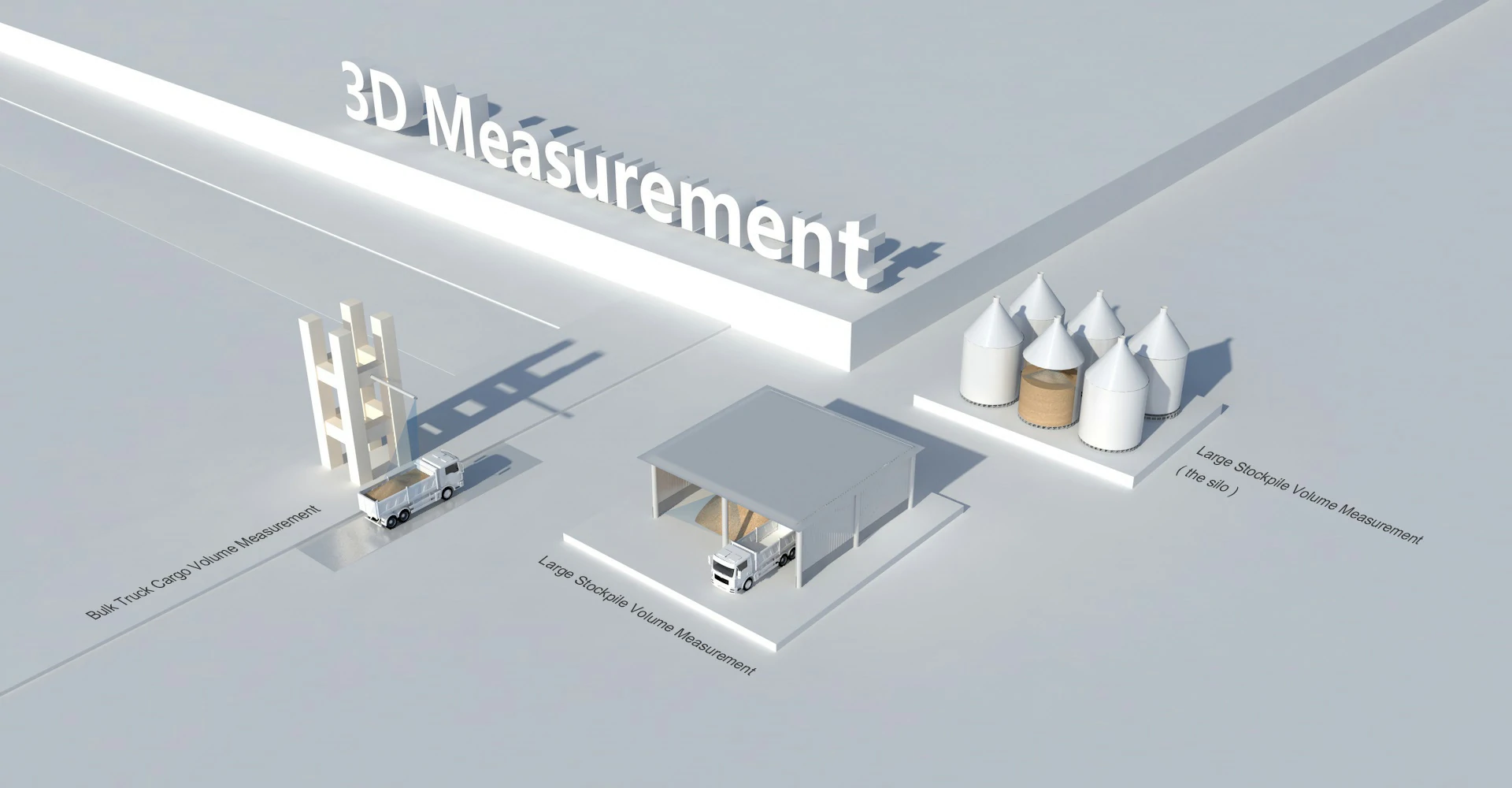
What is LIDAR DRONE
A LIDAR drone is a type of unmanned aerial vehicle equipped with Light Detection and Ranging (LIDAR) technology. LIDAR drones use laser pulses to measure distances to the Earth's surface, creating highly accurate 3D maps of terrain and objects. This technology is commonly used in various industries such as agriculture, construction, forestry, and surveying for applications like mapping, monitoring vegetation health, and creating digital elevation models. LIDAR drones offer a cost-effective and efficient way to collect detailed spatial data from above, making them valuable tools for a wide range of professional and research purposes.
The Main Technology in LIDAR DRONE
The main technology in a LiDAR drone is the Light Detection and Ranging (LiDAR) system itself. LiDAR technology uses laser pulses to measure distances and create detailed 3D maps of the environment. The LiDAR sensor on the drone emits laser beams towards the ground, which bounce back when they hit an object or surface. By measuring the time it takes for the laser pulses to return, the LiDAR system can calculate the distance to various points on the ground with high accuracy. This data is then used to create precise maps and models for applications such as surveying, mapping, and environmental monitoring. In summary, the key technology in a LiDAR drone is the LiDAR sensor, which enables the drone to capture detailed and accurate spatial information from above.


Applications of LIDAR DRONE
LIDAR drones are revolutionizing various industries with their advanced capabilities for remote sensing and data collection. These drones equipped with Light Detection and Ranging (LIDAR) technology are being used in applications such as topographic mapping, urban planning, forestry management, infrastructure inspection, and disaster response. The high-resolution 3D maps generated by LIDAR drones provide valuable insights for surveying land, monitoring vegetation health, assessing building structures, and conducting search and rescue operations. Overall, the applications of LIDAR drones are diverse and impactful, offering efficient and accurate solutions for a wide range of industries.
Benefits of LIDAR DRONE
Lidar drones offer numerous benefits in various industries, including surveying, mapping, agriculture, and infrastructure inspection. These drones equipped with lidar technology can capture highly detailed 3D images of the terrain, allowing for accurate measurements and analysis. Lidar drones are capable of covering large areas quickly and efficiently, reducing the time and cost of traditional surveying methods. Additionally, they can be deployed in hard-to-reach or hazardous locations, providing valuable data without putting human operators at risk. Overall, lidar drones enhance productivity, accuracy, and safety in a wide range of applications.

LiDAR in Construction Monitoring
Neuvition's Titan series LiDAR sensors offer high-precision 3D scanning capabilities
ideal for construction site monitoring. The Titan M1 series, with its long-range and
high-resolution features, can capture detailed site data for accurate progress tracking
and volumetric measurements.
Neuvition LiDAR Products Overview

Titan S2
Specialized for specific industrial uses.
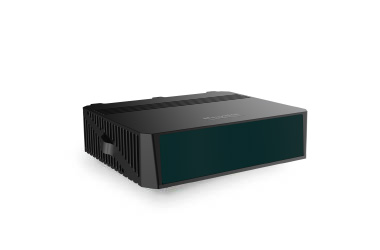
NeuX1
Next-generation LiDAR technology with enhanced capabilities.
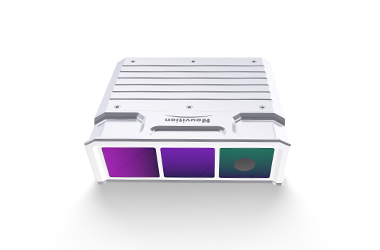
Titan M1 Series
Long-range, high-resolution LiDAR sensors for various applications.

Titan W1
Designed for wide-angle scanning in challenging environments.
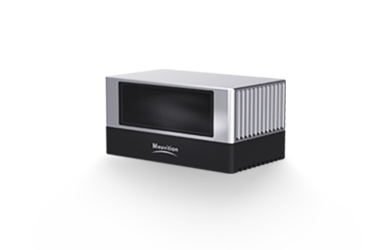
Titan P1
Compact and versatile for mobile and robotics applications.
Neuvition LiDAR Products Overview
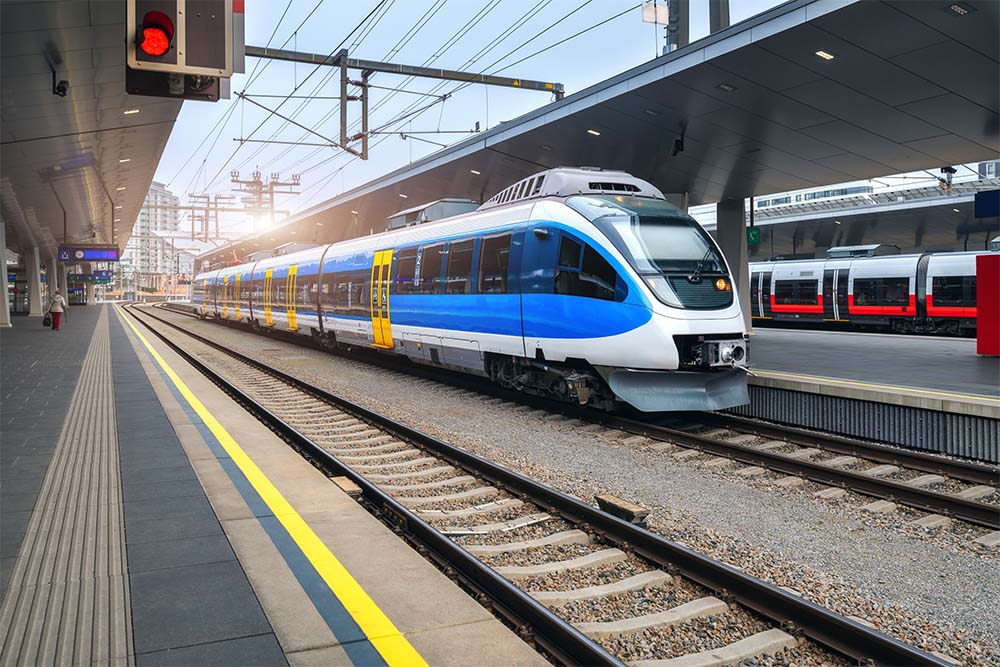
Railway Collision Avoidance
Enhancing safety in rail transportation.
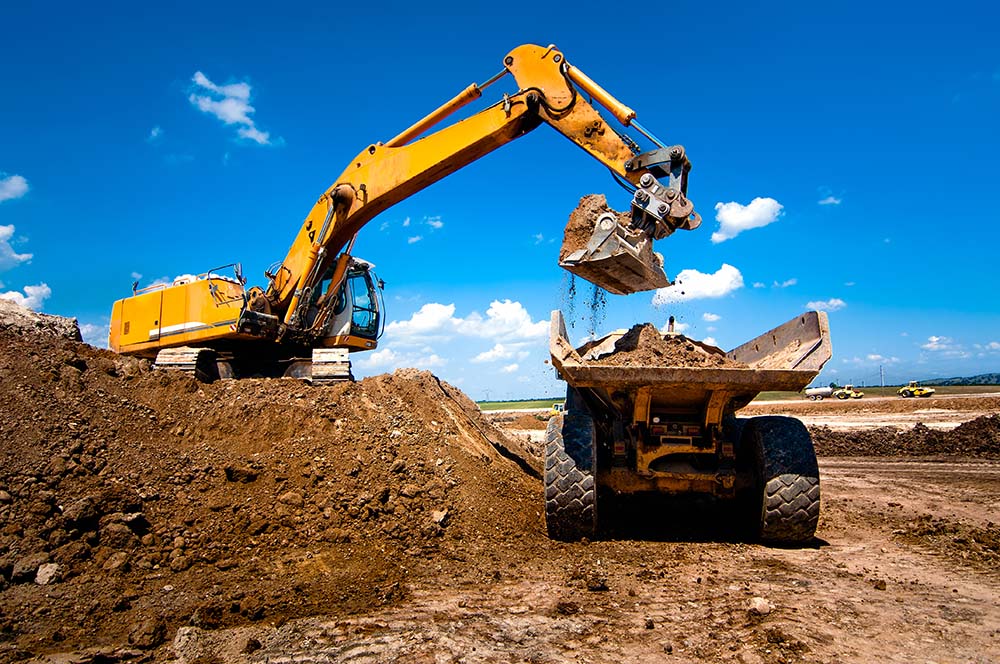
Volume Measurement
Accurate 3D volume calculations for industries like mining and construction.
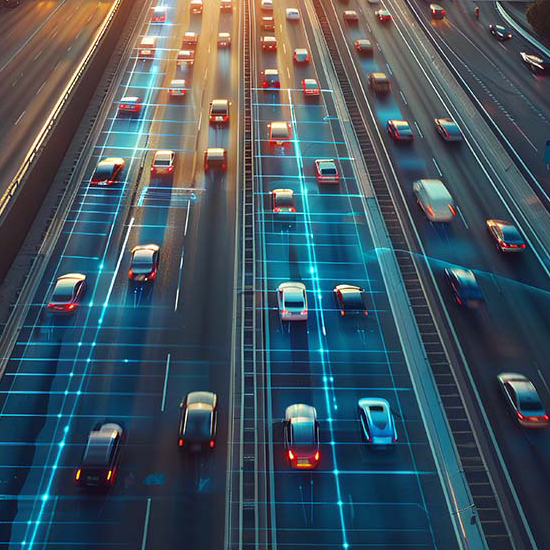
Smart Highway
Improving road safety and traffic management.
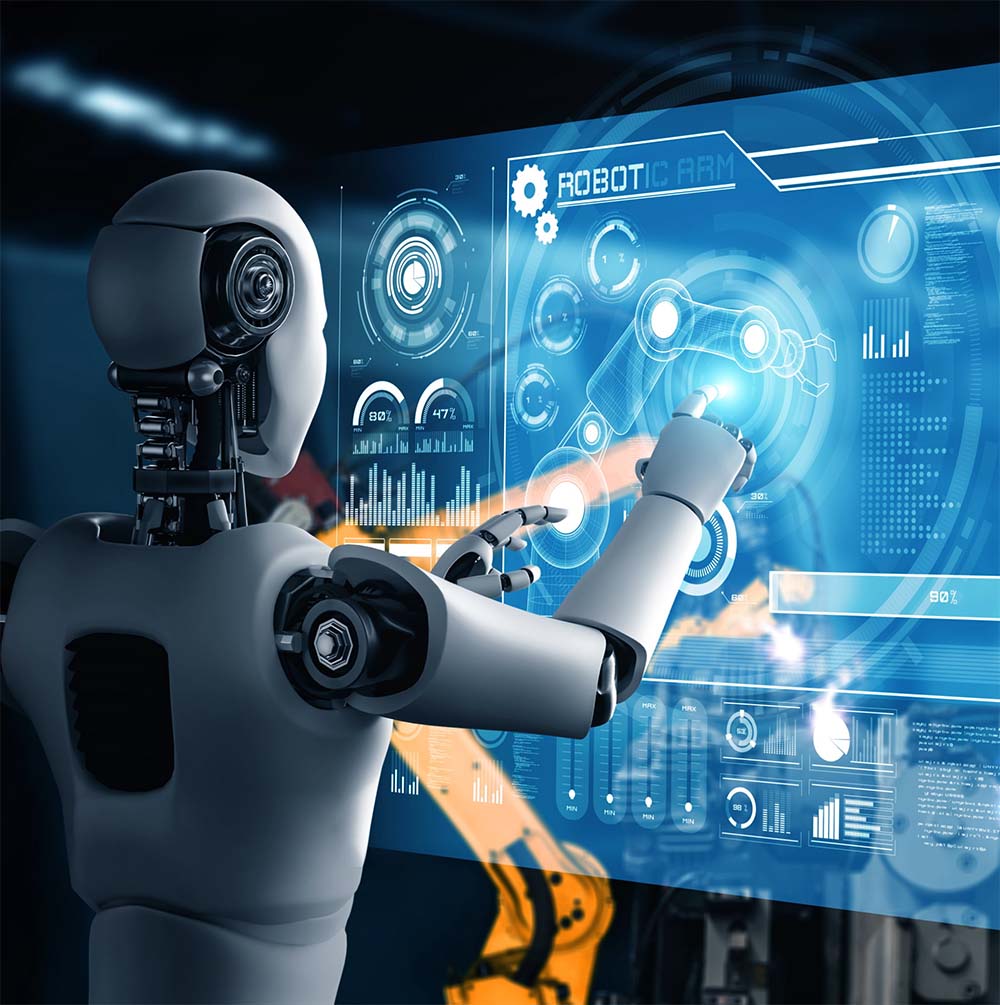
Robotics
Enabling precise navigation and object detection for autonomous robots.
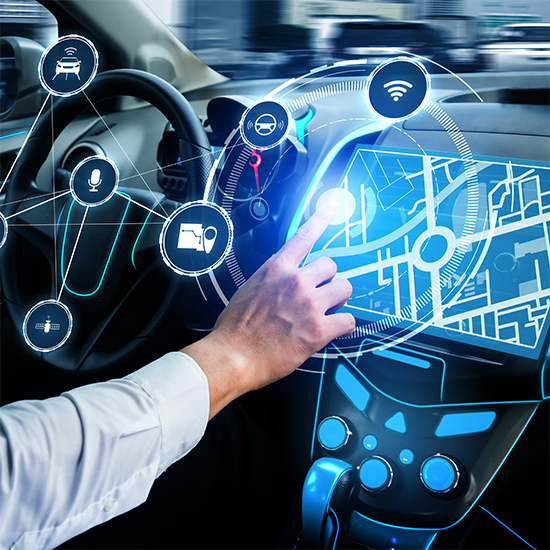
Autonomous Driving
Advanced sensing for self-driving vehicles.
Application Areas of LiDAR
Benefits of Using LiDAR

High accuracy and
precision in 3D mapping

Real-time data
collection and processing

Ability to penetrate vegetation
and capture ground topography

Efficient large-scale
surveying and mapping

Enhanced safety in
autonomous systems

Improved decision-making
with detailed spatial information
Software Solutions for LiDAR
Neuvition provides software solutions to complement its hardware, including point cloud processing and analysis
tools, real-time visualization software, a data integration platform for enterprise applications, and customized
algorithms tailored to specific industry needs.

Success Stories
MetroInnovate Urban Solutions improved traffic flow by 15% after implementing Neuvition's Smart Highway system. Emily Parker, the Director of Smart City Development, played a key role in deploying this system to enhance urban traffic management and reduce congestion.

BuildMaster Construction reduced project timelines by 20% using Neuvition's LiDAR-based site monitoring solution. Michael Thompson, the COO, led the adoption of this technology, focusing on improving efficiency and project management.

DeepCore Mining increased excavation efficiency by 25% with Neuvition's volume measurement solution. Robert Lin, the Head of Operations, was instrumental in integrating this technology to optimize resource extraction and operational productivity.

FAQ












Contact Us
If you have any questions or suggestions, please leave a message, we will get in touch with you within 24 hours!
